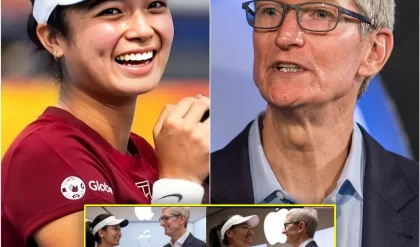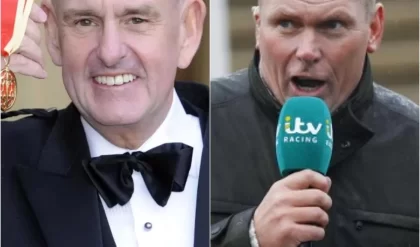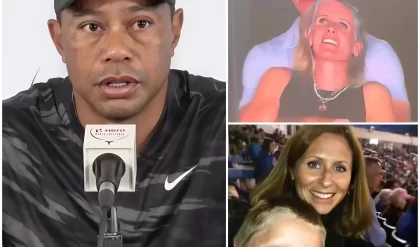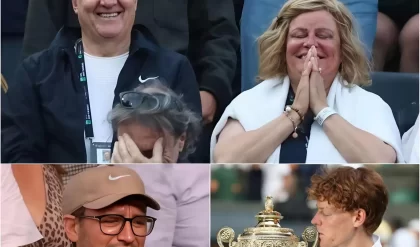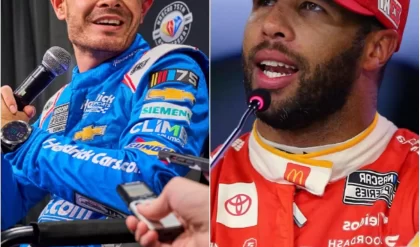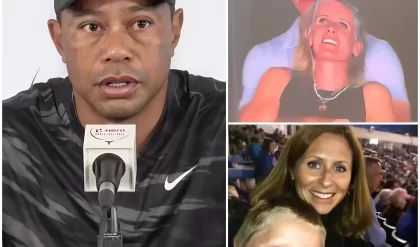Scottie Scheffler Mocks Shane Lowry After Two-Stroke Penalty at The Open for an Unexpected Reason
The 153rd Open Championship at Royal Portrush has delivered drama, skill, and controversy in equal measure, with the spotlight firmly on world number one Scottie Scheffler and former champion Shane Lowry. Amidst a rain-soaked second round, a two-stroke penalty assessed to Lowry for a rules infraction on the par-5 12th hole sparked heated discussions, drawing attention not only for the ruling itself but for Scheffler’s surprising reaction. The American’s comments, laced with a subtle jab, have ignited curiosity among fans, hinting at an unexpected twist in this unfolding saga.
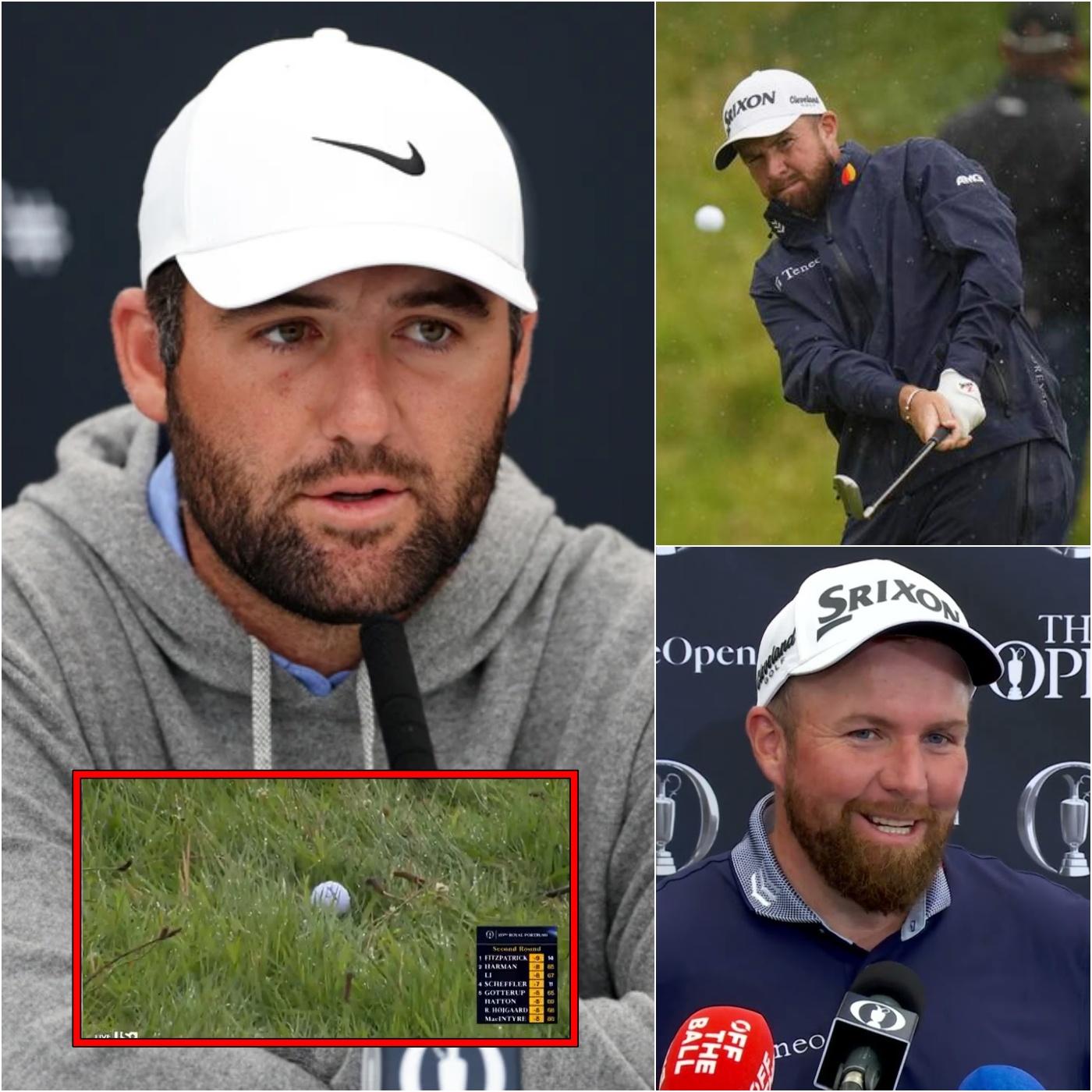
On a day when Royal Portrush oscillated between sunshine and monsoon, Scheffler showcased his dominance with a stunning seven-under 64, seizing a one-stroke lead over Matt Fitzpatrick at 10-under par. His round, featuring eight birdies and a single bogey, was a masterclass in links golf, demonstrating why he’s the world’s top-ranked player. Yet, the headlines weren’t solely about his brilliance. Playing alongside Lowry and Collin Morikawa, Scheffler found himself entangled in a rules controversy that culminated in Lowry’s penalty, turning his 70 into a 72 and leaving him 10 shots back at even par.
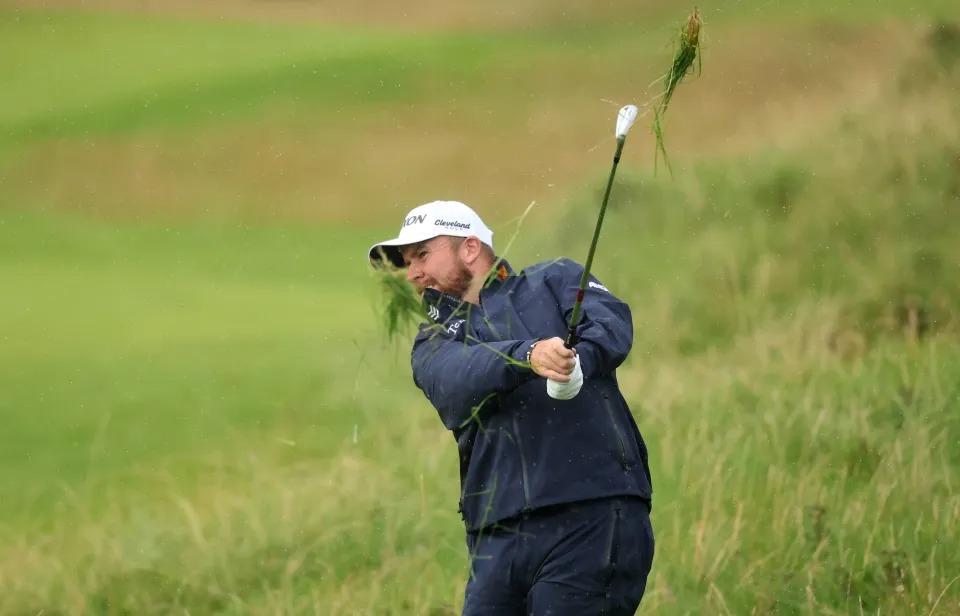
The incident occurred on the 12th hole, where Lowry’s tee shot landed in the semi-rough. As he prepared for his second shot, a practice swing brushed the wet grass, and slow-motion broadcast footage later revealed the ball had moved slightly. Lowry, unaware of the movement, played his shot and made par, but the R&A officials, informed by the video evidence, approached him on the 15th fairway to discuss a potential infraction. After a 20-minute review post-round, the R&A deemed Lowry’s actions caused the ball to move, resulting in a two-stroke penalty—one for causing the movement and another for playing from the wrong spot.
Lowry, the 2019 Open champion at this very course, was visibly frustrated but accepted the ruling to protect his reputation. “If the ball moved and I caused it to move, it’s a two-shot penalty,” he said. “The last thing I want is to argue and get slaughtered on social media for being a cheat.” His candor reflected the integrity that defines golf, where players often call penalties on themselves. Yet, he couldn’t hide his disappointment, noting the lack of additional camera angles to clarify the incident. “I was looking down at the ball during the practice swing, and I didn’t see it move,” Lowry added, suggesting the ruling felt “a little bit” unfair.
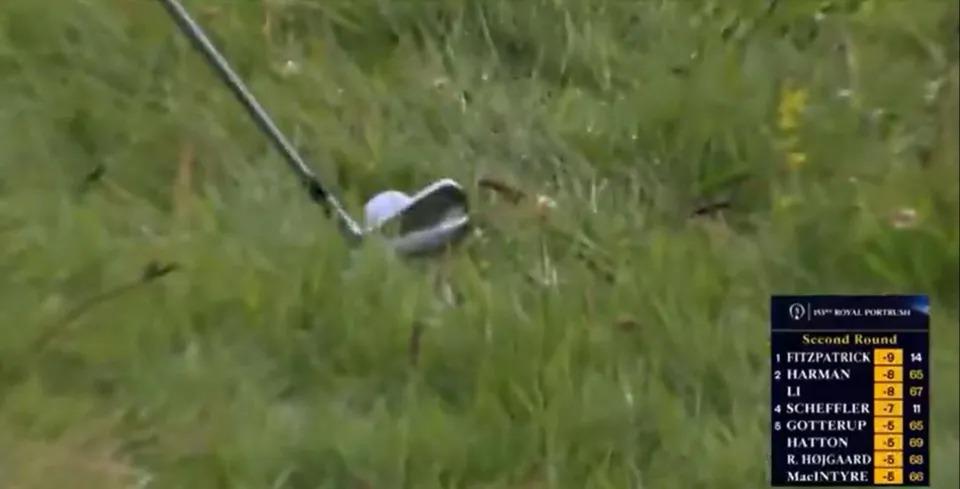
Scheffler, who reviewed the footage alongside Lowry and Morikawa, offered a sympathetic yet pointed perspective. “Ultimately in golf, it’s up to the player, and I felt like Shane was put in a pretty tough situation there when they were zooming in on his golf ball,” he said. “In the rough, it’s hard to tell. From what I looked at briefly, it was very difficult to see if the ball moved.” But it was his next remark that raised eyebrows: “It’s frustrating for me as a competitor to watch him deal with that because the last thing you want to be known in golf is somebody who cheats.” While supportive on the surface, the comment carried a subtle sting, implying Lowry’s predicament could be misread by fans or media. Some interpreted it as a playful jab, given their camaraderie, but others saw it as Scheffler subtly mocking Lowry’s misfortune, especially in light of their competitive dynamic.
The “unexpected reason” behind Scheffler’s comment lies in their on-course exchange earlier that day. According to sources close to the event, Lowry had openly praised Scheffler’s tee shot on the fifth hole while the ball was still in the air, a rare mid-round compliment from one major champion to another. “I couldn’t believe I said that,” Lowry later admitted, reflecting on his spontaneous admiration for Scheffler’s precision. This moment of levity contrasted sharply with the tension of the penalty, making Scheffler’s post-round remark seem like a tongue-in-cheek nod to their earlier interaction—a way of saying, “You praised me, and now look at this mess.” Fans on social media, particularly on platforms like Facebook, have latched onto this narrative, speculating about an underlying rivalry or simply enjoying the banter between two golfing giants.
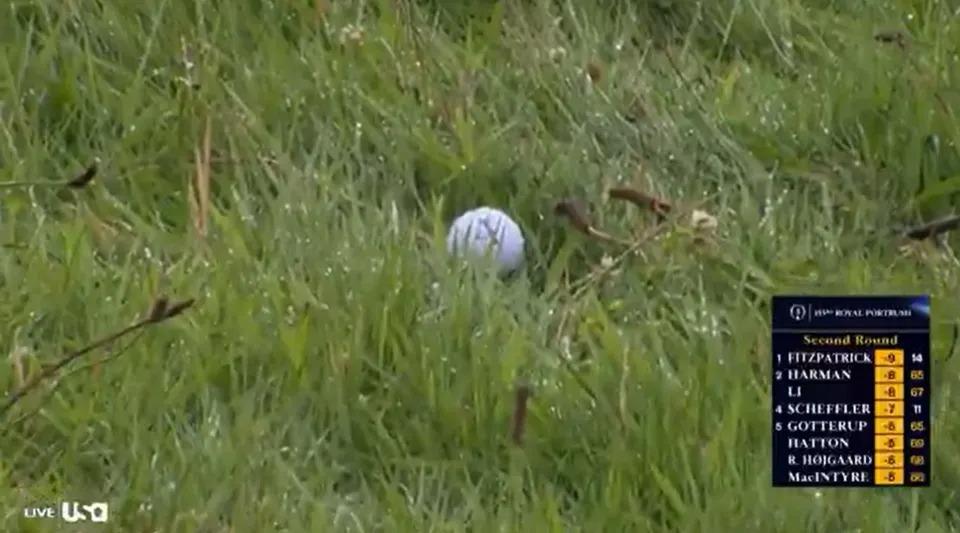
The penalty’s impact on Lowry was significant. His adjusted score of 72 pushed him to the cut line, forcing him to battle through the final holes under pressure. Yet, he managed a crucial birdie on the 15th and three pars to secure his weekend spot. “I played really well today, and this is hard to take,” Lowry said, acknowledging the challenge of closing the gap to Scheffler, who he believes is “not in the fringes of contention the way he’s playing.” With Scheffler leading at 10-under, followed closely by Fitzpatrick at nine-under and Brian Harman and Haotong Li at eight-under, Lowry faces a daunting climb to reclaim the Claret Jug he won six years ago.
Scheffler’s performance, meanwhile, has only solidified his status as the man to beat. His ability to navigate Royal Portrush’s unpredictable weather and treacherous Dunluce links showcased his adaptability. “When we teed off, every weather forecast said something different,” he noted. “It was sunny on the range, then pouring rain. I just tried to stay focused and hit good shots.” His eight birdies, including a near-course-record-tying putt on the 18th, underscored his relentless pursuit of a fourth major title. Yet, his philosophical musings earlier in the week—questioning the fleeting joy of winning—added depth to his narrative. “I love the challenge, but does it fill the deepest desires of my heart? Absolutely not,” he said, hinting at a perspective that transcends the leaderboard.
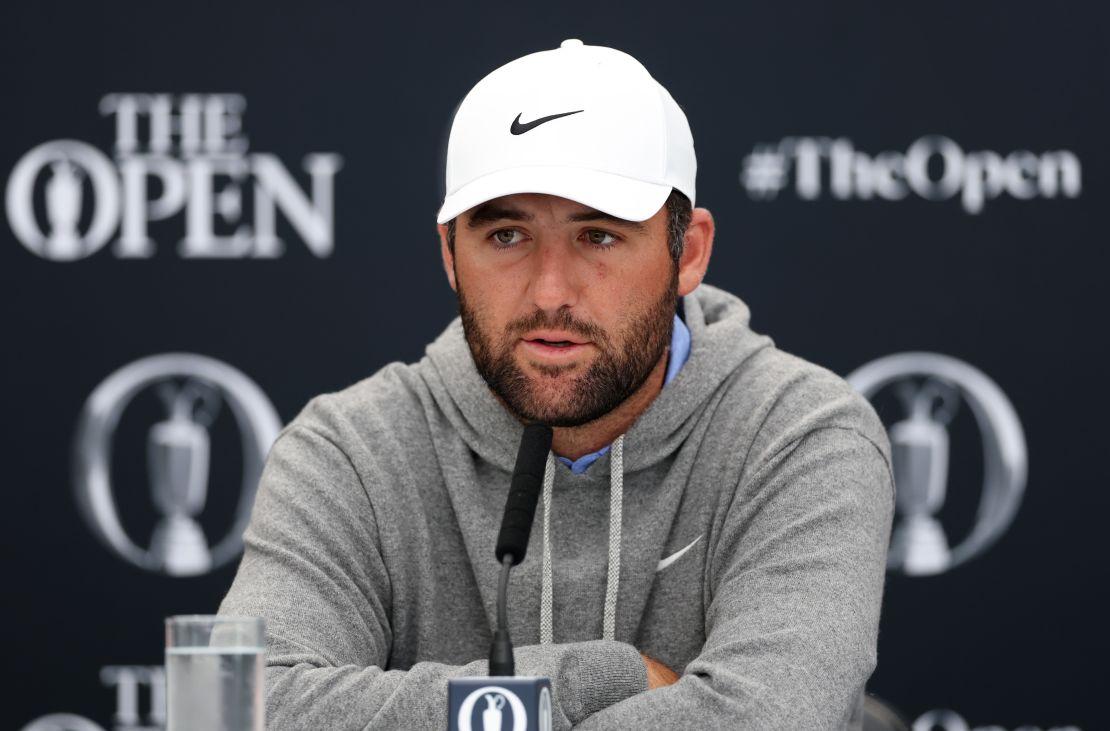
For Lowry, the penalty was a bitter pill, especially at a course where he set a course record of 63 in 2019. The emotional weight of returning to Royal Portrush, where he thrilled fans with his fairy-tale victory, made the ruling sting even more. “I’ll dust myself off and give it a go this weekend,” he vowed, signaling his intent to fight on. His resilience, coupled with the crowd’s support, could yet spark a comeback, though overtaking Scheffler seems a tall order.
The controversy has sparked widespread discussion online, with fans and analysts debating the fairness of the ruling and Scheffler’s cryptic comment. Social media platforms like Facebook are abuzz with reactions, from those defending Lowry’s integrity to others speculating about Scheffler’s intentions. Was it a genuine expression of sympathy or a sly dig at a rival’s misfortune? The ambiguity has fueled engagement, making this story ripe for sharing and discussion.
As the Open Championship heads into the weekend, all eyes will be on Scheffler to see if he can maintain his lead and claim his first Claret Jug. For Lowry, the focus shifts to redemption, proving he can overcome both the penalty and the psychological hurdle it presents. The dynamic between these two players—one soaring, the other stung—adds a compelling layer to an already dramatic tournament. Whether Scheffler’s comment was a playful jab or a calculated quip, it’s clear this moment will linger in the narrative of the 2025 Open, keeping fans hooked on what happens next.
